To be your country’s only hope, the sole focus of attention. No-one else to carry the flag or share the burden of expectation. It can be a lonely life, it can be stressful. But, in the end, the glory is all yours.
As she stood in the bowels of the Olympic Stadium, about to head into a brutally cold February night, 16-year-old Mialitiana Clerc’s heart was beating faster than ever before as she heard the roars of 35,000 spectators.
She knew millions around the world would be watching the opening ceremony, witnessing her walk around the circular track with Madagascar’s flag, seeing her wave towards the flashbulbs lighting up the arena like fireflies in the half light.
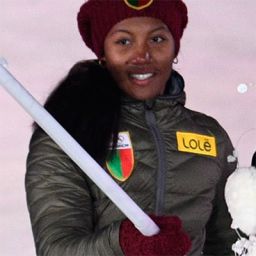
Here she was, among some of the world’s finest athletes, yet Madagascar’s only representative in Pyeongchang. She was all alone.
“It was very strange to take the flag,” the Alpine skier, and the first woman to represent the African nation at a Winter Olympics, tells CNN Sport.
“I did practice holding the flag. Before the flag ceremony started I did a quick TV interview. I was thinking, ‘I’m about to start one of the biggest thing in my life and I’m not ready for this.’
“I was alone, but I don’t really care about it because I’m lonely sometimes in this sport so it’s not a problem for me.
“I was stressed before they called out Madagascar, but once I walked out behind the girl with the white dress who was leading me out I relaxed and it became OK.”
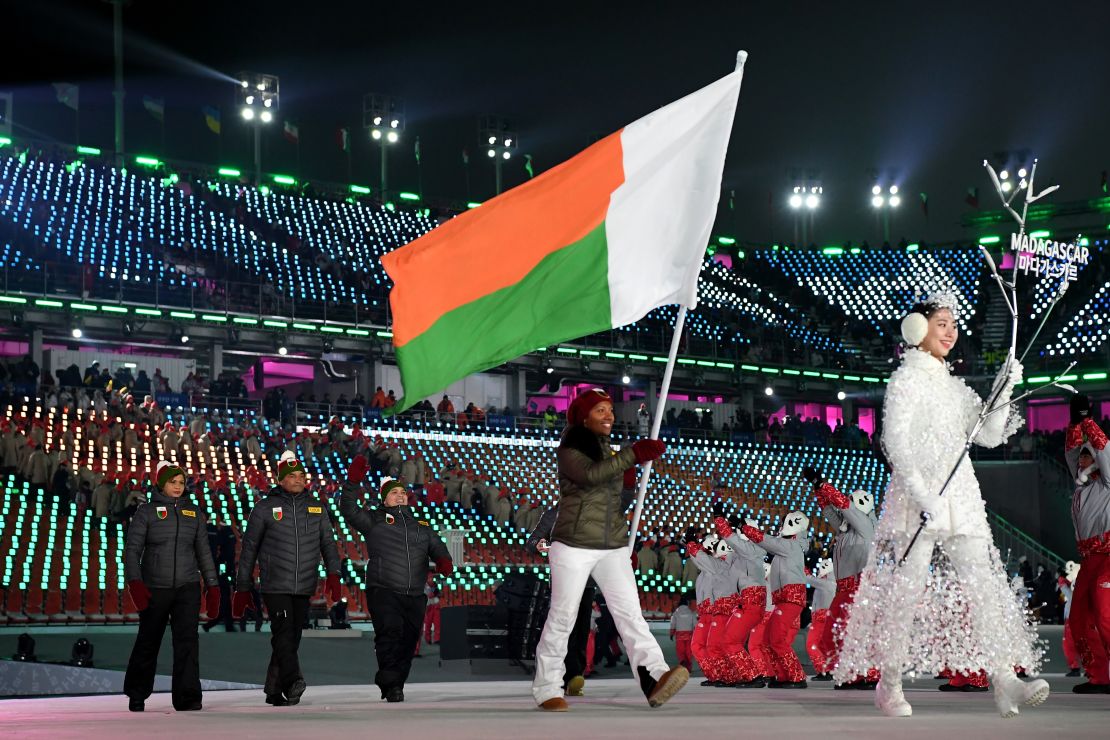
Born in Antananarivo, Madagascar’s capital, as one of eight children, she was adopted by Stephane Clerc and Sylvie Regat when she was 18 months old and grew up in the Haute-Savoie region of the French Alps.
At the age of three she was scooting down the slopes, being taught by her father Stephane – now her head coach – and by nine she was competing with a local ski club, the Inter Club Magland Desert Blanc.
Seven years later Clerc qualified for the Winter Olympics and can now lay claim to having competed on the biggest stage of all against her hero, two-time Olympic champion Mikaela Shiffrin, finishing 48th and 47th in the slalom and giant slalom respectively.
She performed well in both events, each boasting fields of more than 80 competitors. In the giant slalom, for instance, multiple World Cup winner Lara Gut crashed out, while 19 racers did not complete the slalom course.
“It’s my first experience and it’s a bit overwhelming but it’s been nice to be here and to see these athletes on a day-to-day basis,” says Clerc, who has been home schooled for the last two years so she can focus on her skiing.
“I just want to progress and show my capabilities at this level. Now I’m ready to showcase on a larger scale what I’m capable of.”
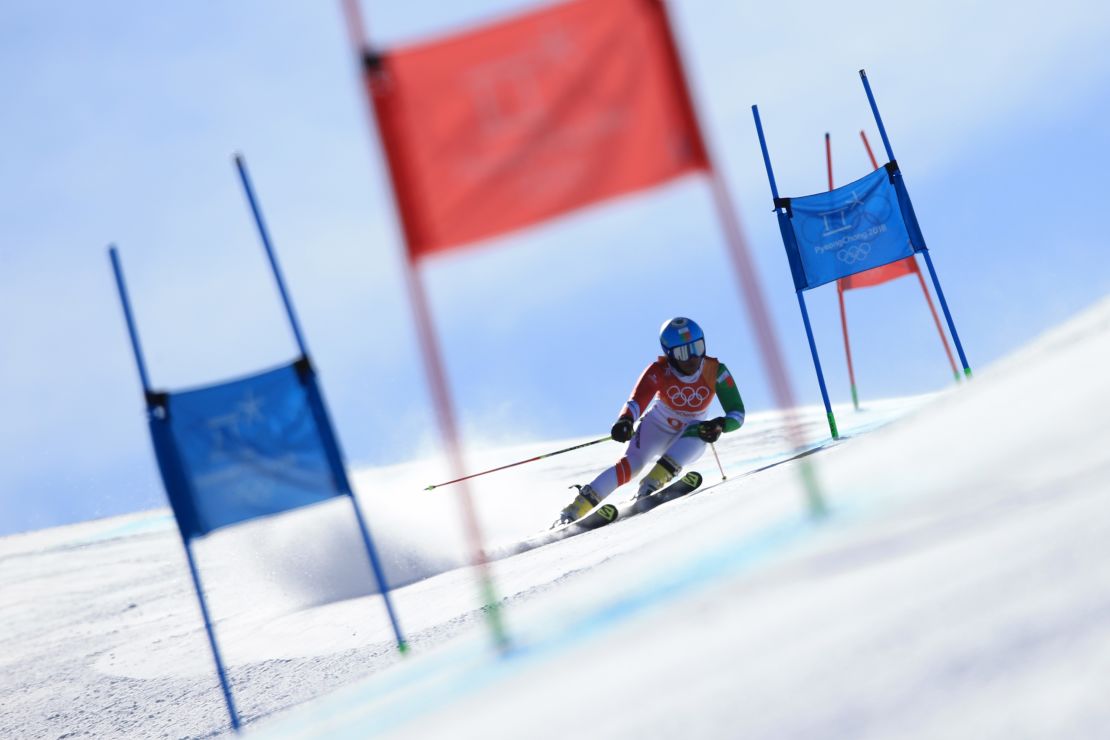
Though she is her country’s only competitor, Clerc’s existence in Pyeongchang has not been one of complete solitude. The skier is here with her father and Philippe Razanakolona, vice president and founder of Ski Madagascar.
It is the pair’s combined experience of 40 years in the sport which has helped Clerc gain access to world-class equipment.
Jonathan & Fletcher, racing suit designers based near Clerc’s home in Chamonix, designed the skier’s white suit with green and red sleeves – a nod to the flag of the country of her birth. Along with some input from the teenager herself.
During the lead up to her events, Clerc was also training with the Belgian ski team.
Once the teenager had achieved Olympic qualification there was thankfully no need to set up a Madagascan ski federation as the path had been paved by Mathieu Razanakolona, who became Madagascar’s first representative at a Winter Games in 2006.
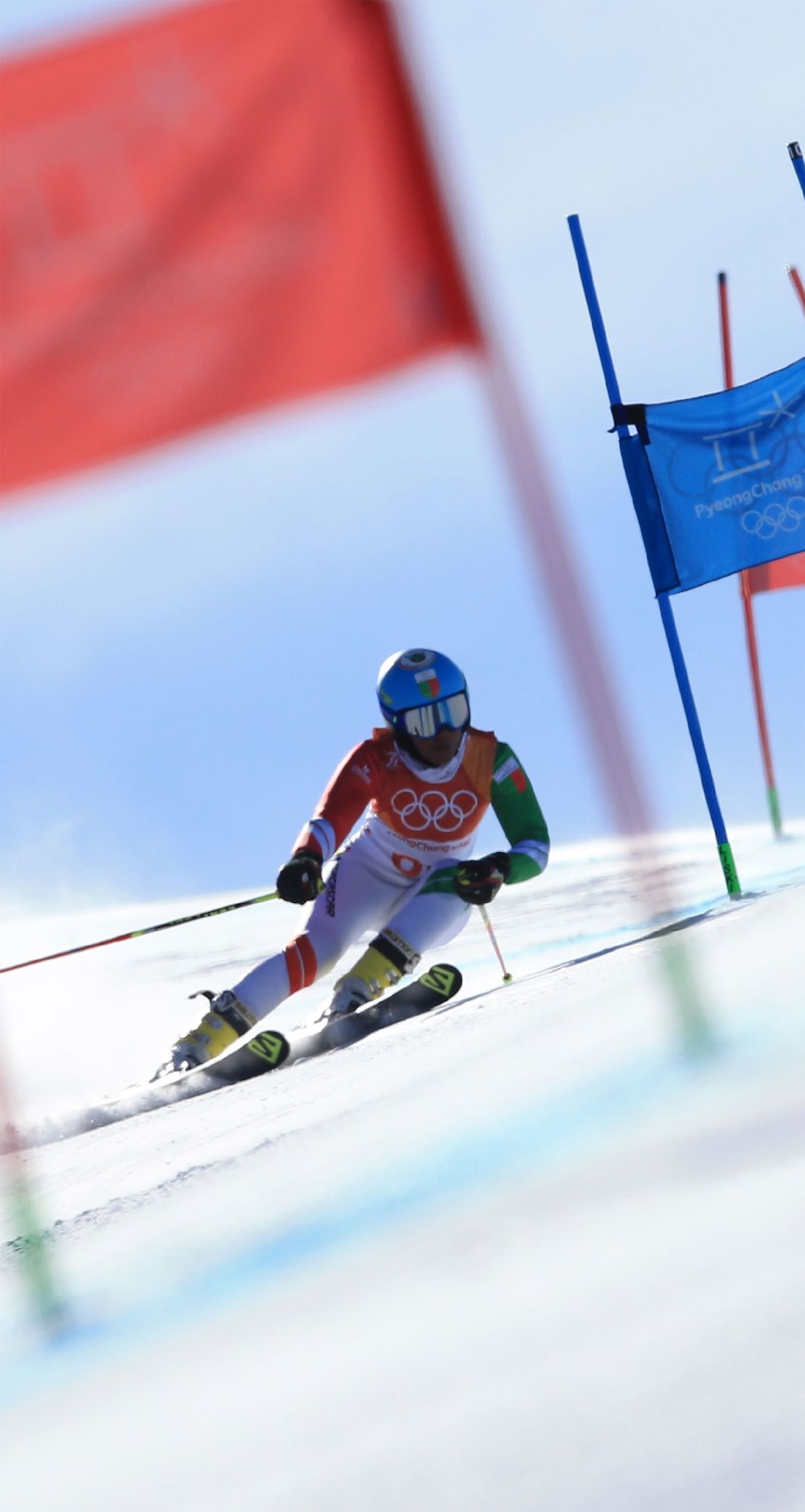
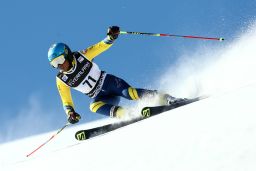
However, there are still drawbacks to not being from a country which is a winter sports powerhouse.
“Madagascar will open doors and attain levels of skiing that would take years in countries that have more competition, but the flip side of that is you don’t have the support,” says Clerc.
“There’s the emotional side of supporting Madagascar, of being from there and being adopted, and that doesn’t happen if you support France.”
For the athletes flying solo at these Games there is one common experience they all share – being the center of attention.
Google Cheyenne Goh’s name and there will be numerous articles on the 18-year-old, such as “12 cool facts about Singapore’s first Winter Olympic athlete,” or “Singapore’s Goh blazing a trail on ice.”
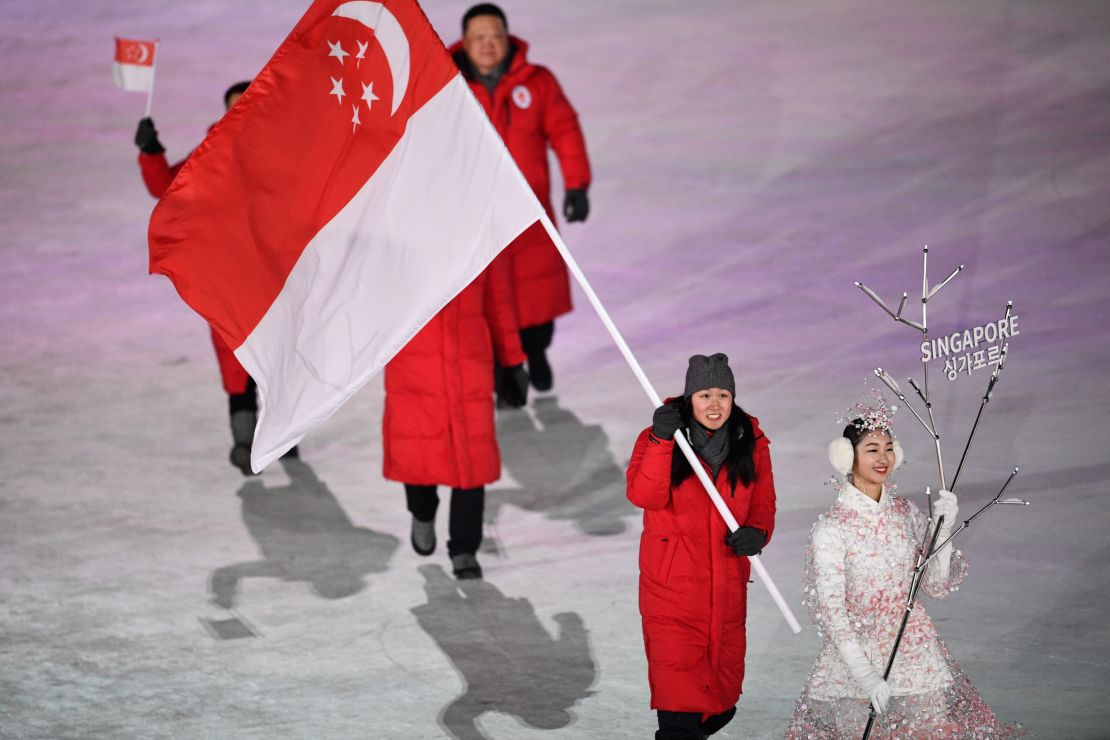
Just hours after arriving in South Korea, the Singapore-born speed skater, who emigrated to Canada aged four, was greeted by journalists eager to learn more about the teenaged history-maker.
“I’m not very good at it,” the high school graduate tells CNN Sport in reference to the numerous interviews she has had to handle.
Admitting beforehand that she was “outclassed” in her event, Goh finished fifth of six in her 1500m heat.
“The atmosphere is pretty overwhelming and completely new but it’s super cool,” says Goh, who trained with four-time Olympic champion Chun Lee-kyung before her race.
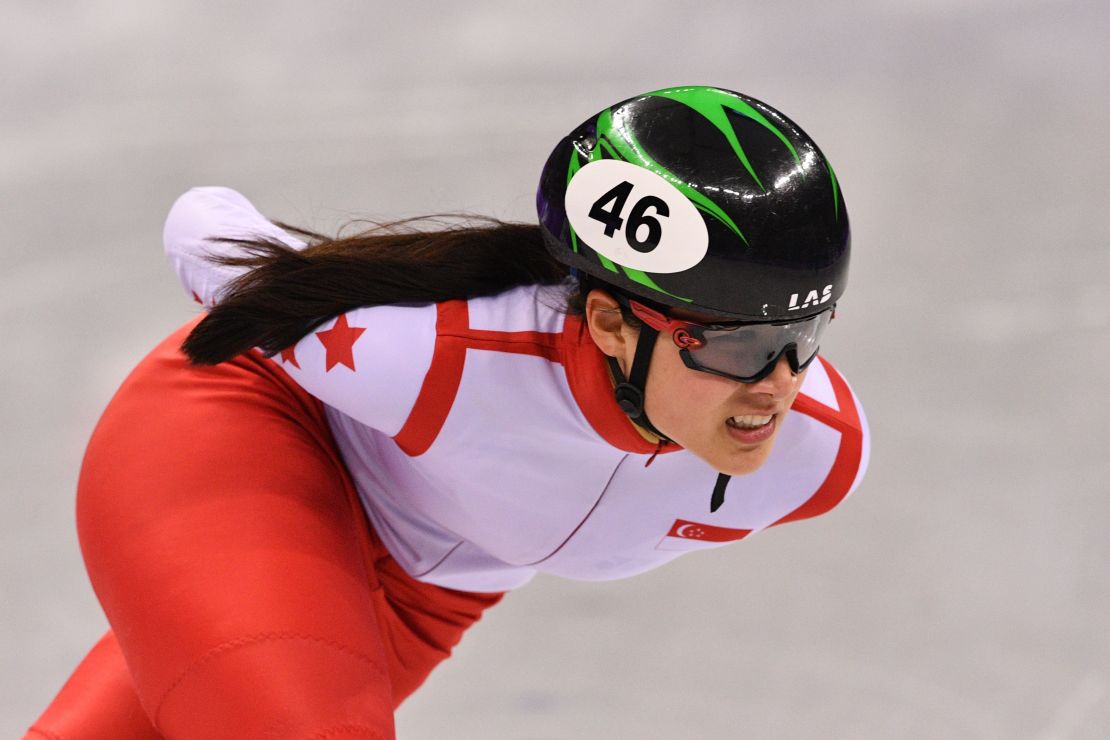
But for Goh, and others from countries without a history in winter sports, winning is not what matters.
Albin Tahiri, a 29-year-old Alpine skier, is representing the country of his father’s birth, Kosovo, a Balkan nation which declared its independence from Serbia 10 years ago.
Kosovo’s troubled history means that for this young country of about 2.4 million people, Slovenian-born Tahiri’s participation at these Games reaches beyond sport.
With high youth unemployment, perceived government corruption and continued problems with neighboring Serbia, Kosovo has had little reason to celebrate of late. But Tahiri has given his people momentary joy.
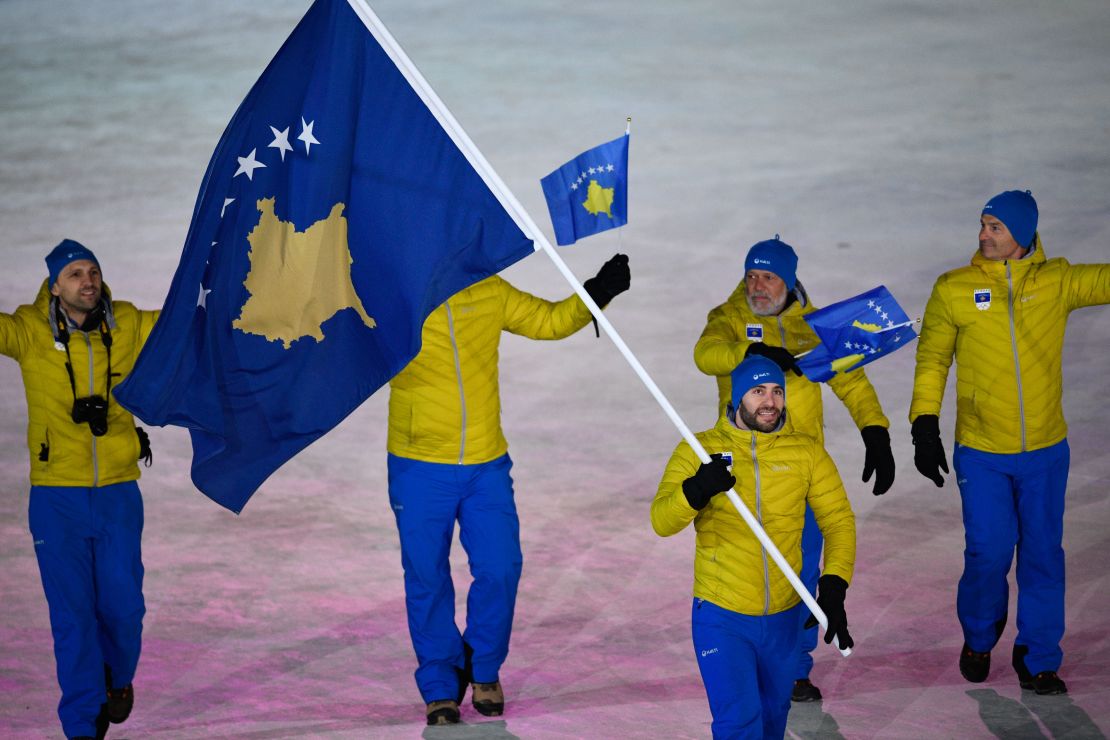
The amateur skier is receiving congratulatory messages from Kosovans, has a national broadcaster in Pyeongchang to follow his every move, and has a journalist living in the same apartment as him during these Games.
“They’re interested in me a lot, they’re calling me all the time, texting me, many of the journalists,” Tahiri, who recently graduated as a dentist, tells CNN Sport.
“I just arrive from training exhausted and must do my protocol as usual, to stretch and rest, but I must take interviews.
“Even if you like it or not, you’ve got to do it. I like that they’ve taken it seriously and they’re really proud.”
It is, he says, an honor to be competing for Kosovo, but it’s also sometimes stressful: “Not only am I making history, I’m the only athlete here.
“I just try to forget it and focus on myself and not be too worried about the type of pressure that is behind all of that.
“Whatever happens, it’s not only me, it’s the whole team. It feels good. There’s a lot of attention on me, which always feels good – why not.”
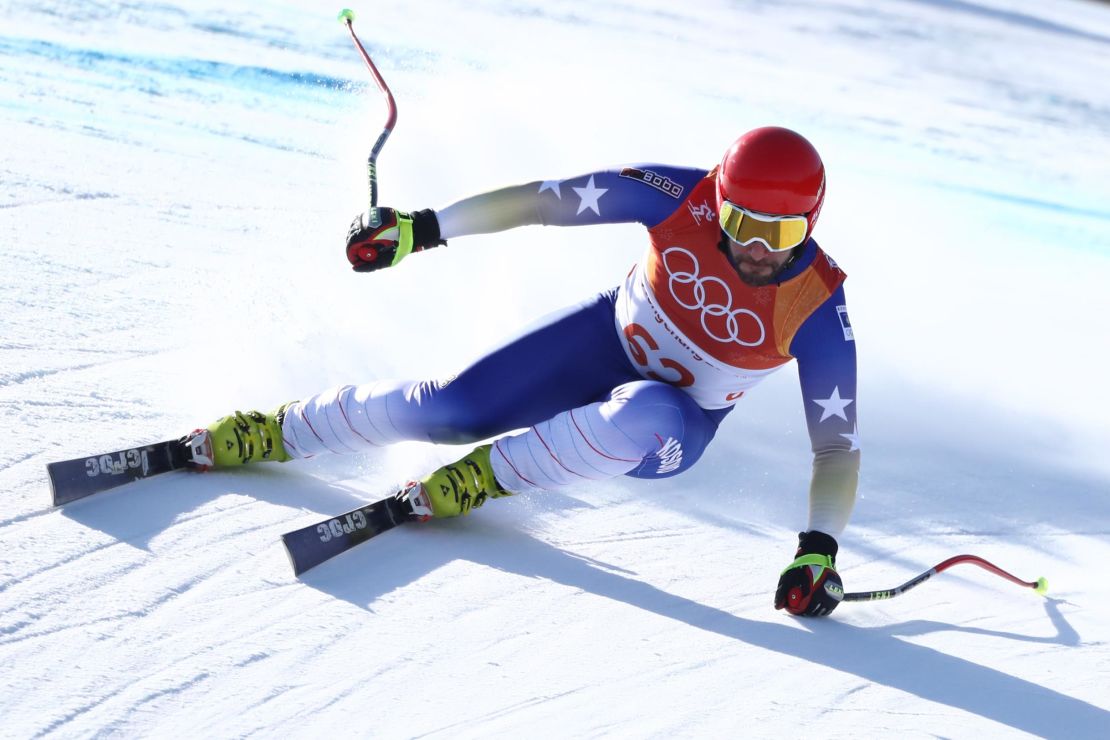
Tahiri, who has been training with the Slovenians, a country where he still resides, entered all five Alpine skiing events, finishing 37th in the combined, 56th in the giant slalom, 47th in the men’s super-G, 50th in the downhill and 39th in the slalom.
Once these Games are complete, he expects a warm welcome when he visits Kosovo’s capital, Pristina.
“It was a big celebration when judoka Majlinda Kelmendi (won) gold in Rio [Kosovo’s first Olympic medal]. I won’t be getting gold, but I think they will do a big celebration,” he said.
At these Winter Olympics, there is no need to return home with a gold medal to be lauded as a champion.


